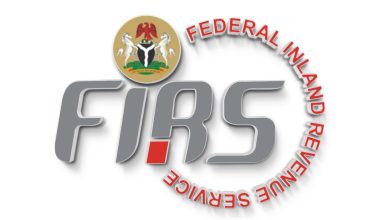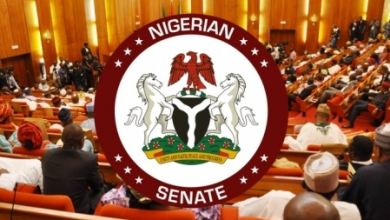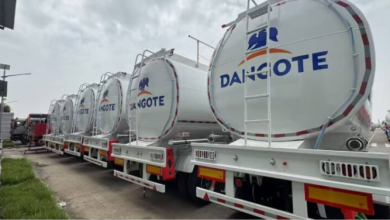Nigerian Banks Resume International Transactions on Naira Debit Cards After Three-Year Halt
Nigerian banks have resumed Naira card international payments, easing access to global digital services.
After nearly three years, customers can now shop and subscribe online using local debit cards.
Several leading Nigerian banks, including GTBank, UBA, and Wema Bank, have resumed international transactions on Naira-denominated debit cards, providing significant relief for millions of customers seeking access to global payment platforms.
This development comes nearly three years after the service was suspended due to persistent foreign exchange shortages and regulatory restrictions by the Central Bank of Nigeria (CBN).
With the resumption of this service, Nigerian account holders can once again use their regular Naira debit cards to make payments for goods and services on international websites and applications, including platforms like Amazon, Netflix, Spotify, Apple Store, and Google Play.
The move is seen as a significant step towards restoring financial convenience and accessibility, particularly for students, freelancers, SMEs, and digital subscribers who rely heavily on global services.
GTBank, Wema Bank, and UBA have officially confirmed the update to customers via email notifications and mobile app announcements. Some banks have imposed transaction limits, typically ranging from $20 to $100 per month, to manage their exposure to foreign exchange (forex) volatility.
Wema Bank, for instance, stated that customers can now carry out international web payments using their Naira Mastercard, subject to available foreign exchange and internal risk controls.
“You can now use your Naira debit card for seamless international payments, including subscriptions, shopping, and bookings,” Wema Bank announced.
UBA also noted that the feature is being restored in phases and encouraged customers to check for transaction limits or card eligibility.
Industry analysts suggest that the resumption may be linked to the relative improvement in foreign exchange liquidity and the CBN ongoing efforts to unify exchange rates and liberalize foreign exchange policies. In recent months, Nigeria has witnessed increased FX inflows through remittances and the rebound of investor confidence, contributing to improved forex availability for commercial banks.
Additionally, the floating of the Naira and gradual clearance of forex backlogs have helped ease pressure on dollar supply.
For the tech ecosystem, e-commerce startups, and digital entrepreneurs, this reinstatement of international payment options on local cards reduces the need to seek dollar cards, third-party fintech solutions, or create domiciliary accounts for basic services.
Freelancers, online learners, and remote workers who pay for software tools, educational courses, and subscriptions now have simpler access through local banking channels.
Despite the service restoration, some banks have warned that international usage may still be restricted to online platforms only, excluding physical Point-of-Sale (POS) or ATM withdrawals abroad. Customers are also advised to monitor card charges and exchange rates, as they may vary per transaction.
While this is a welcome development, financial experts urge the CBN and commercial banks to develop long-term strategies that strike a balance between customer access and macroeconomic stability.



